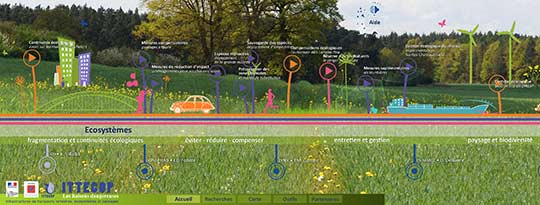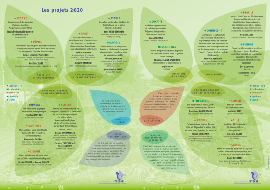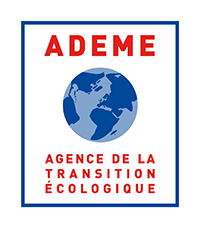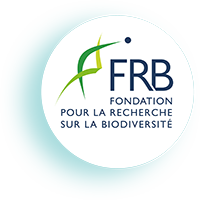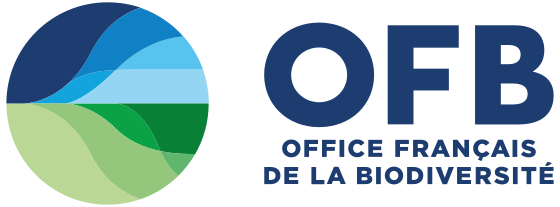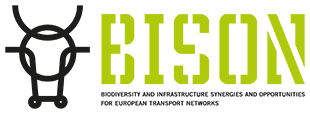INEDIT
- Integrate ecology and biodiversity into public decision on transport infrastructure
Integrate ecology and biodiversity into public decision on transport infrastructure
The INEDIT research is based on the assumption that the conduct of public action today requires the mobilization of categories of analysis and tools of ecology and social sciences and to make them meet to successfully take into account the issues related biodiversity in the development of linear land transport infrastructure (ILTe).
Our survey therefore aims to understand under what conditions the effective taking into account of the biodiversity can make it possible to reconfigure the modalities of creation or modernization of a project of ILTe. Meeting this objective involves characterizing the place of biodiversity in the current decision-making process for ILTe, imagining innovative tools for analysis and co-action, and thinking about the conditions and means for a rapprochement. between research disciplines (social sciences, engineering sciences and life sciences) on the one hand and between research and the actors of the territories on the other.
This research project has two components:
1- The first focuses on understanding how biodiversity as a whole (not only exceptional but also ordinary) is affected by infrastructure, and what are the ways in which environmental issues related to it are addressed in the current system. 'public action. Semi-structured interviews will thus be conducted with the various stakeholders of these projects (operators, associations, elected representatives, local and state authorities, etc.).
2- The second part focuses on the representation of the biodiversity of the different stakeholders of ILTe projects (operators, associations, experts, ...) by setting up an innovative survey protocol of cross-cultural sociology visual data (photographs) and textual data (questionnaires).
Because it invites respondents to think together about the issue of biodiversity and transport infrastructure, this research in itself becomes a real mediation tool, more generally involved in a logic of consultation between the various stakeholders of the research projects. 'ILTE. By interviewing project owners, associations, elected representatives, local actors, researchers and ecologists, the aim is to compare the perceptions of these different communities in order to show the variety of representations of biodiversity to serve basis for a renewed dialogue between these actors.
The INEDIT research brings together a multidisciplinary team (political science, ecology, sociology) with the ambition to experiment with innovative investigative tools in order to make a new contribution to the needs of today's ecological management that requires new ways of thinking and producing knowledge, articulating the understanding of ecosystem dynamics and the socio-political mechanisms that govern ecological systems.
Valorisations
-
Electronique

